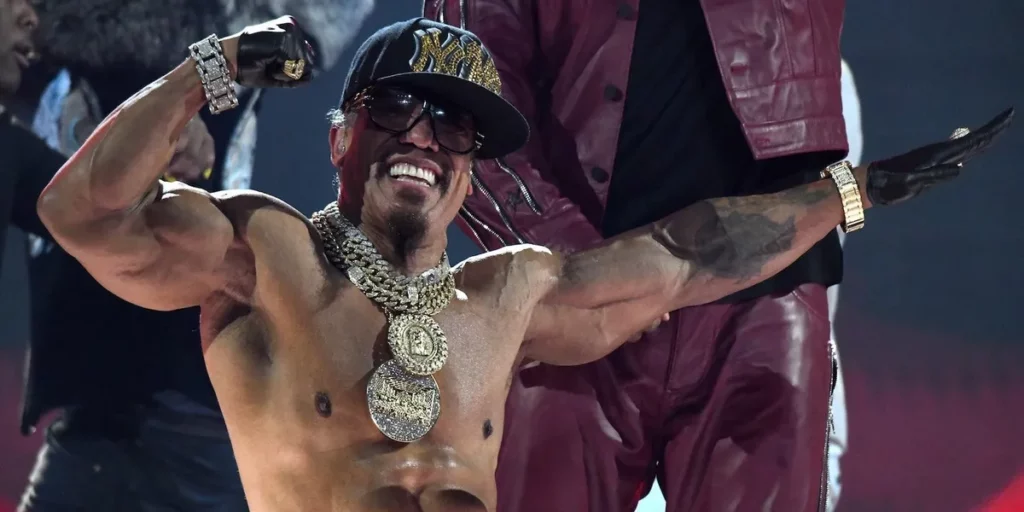Melle Mel, born in the Bronx at Morris Senior Hospital, grew up in an environment rich in musical diversity. His father, hailing from South Carolina, exposed him to a blend of country music, R&B from artists like Otis Redding and Jackie Wilson, and the soulful sounds of Motown. However, Mel’s true musical awakening came with the influence of DJ Kool Herc’s crew, especially Timmy Tim. Their unique style, characterized by one or two-bar phrases and a heavy echo chamber effect, captivated him.
It wasn’t until Mel joined forces with Grandmaster Flash that the fusion of rhymes with traditional Hip-Hop DJing began to take shape. Alongside Cowboy and his brother Kidd Creole, Mel started experimenting with routines, drawing inspiration from Kool Herc’s signature opening phrase. Creole reimagined Herc’s “And yes, y’all” into a rhythmic beat, laying the foundation for what would become a new style in hip-hop.
During the sweltering summers, when indoor parties were a no-go due to the lack of air conditioning in many venues, Mel and his crew used this time to promote their music. They traveled through different neighborhoods, carrying Flash’s crates and setting up impromptu performances, which served as their promotion for the more lucrative fall, winter, and spring seasons.
Despite Kool Herc’s larger following and easier promotion system, Mel and his crew were slowly gaining ground, thanks in part to Flash’s superior skills. Their breakthrough came when they collaborated with the legendary graffiti writer PHASE 2 for their first flyers, enhancing their overall presentation.
Mel emphasizes the importance of connecting with one’s own lyrics. He draws a parallel between Stevie Wonder’s “Living for the City” and his own approach to writing “The Message,” aiming to capture a similar depth and resonance. Despite his initial doubts, “The Message” turned out to be a groundbreaking hit, challenging the prevailing electro-funk trend and introducing a new, undefinable sound to the music scene. This transformative moment in hip-hop, witnessed by a surprised Sylvia Robinson at the bar, marked a significant shift in Mel’s career and the genre as a whole.



